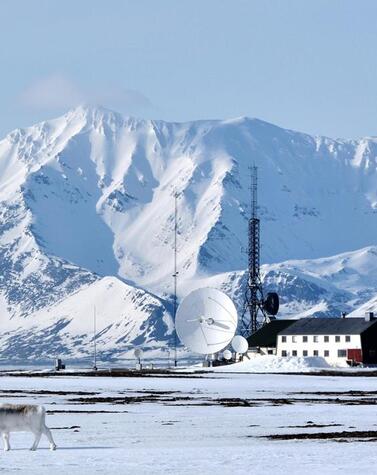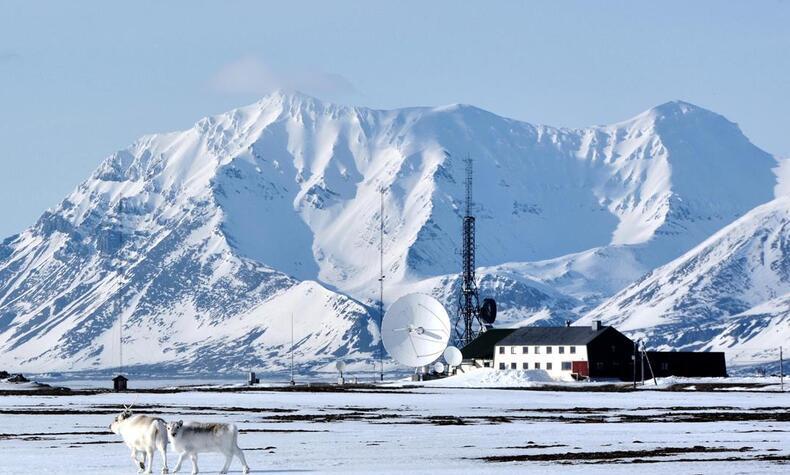Eleven novels that will inspire your next trip
Travel literature has always been a literary genre that has allowed us to travel from the sofa at home to destinations we may never visit. Or, on the contrary, those novels have activated in us the desire to know parts of the world and to travel to those places that we have discovered and that have seduced us through the pages of a book.
Below, we propose a particular voyage around the world in 11 travel novels that we have selected among other literary gems that have emerged from the pens of travelers, explorers, and writers who, on their trip, found that which gave meaning to their lives.
1. In the South Seas. Robert Louis Stevenson
Ill with tuberculosis, writer Robert Louis Stevenson left for the South Pacific islands in 1888 and settled on the island of Upolu (in the Samoan archipelago), where the natives nicknamed him "tusitala," the storyteller. There he wrote "In the South Seas", a novel narrated as a chronicle full of anecdotes and stories that reflect the life and customs of the inhabitants of those paradisiacal islands. It was the last novel by Stevenson who died on that island in 1894 and was buried in a watchtower over the Pacific.
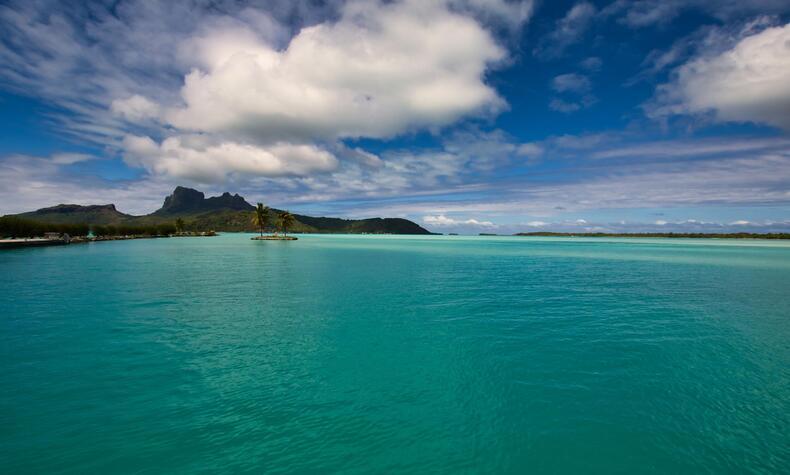
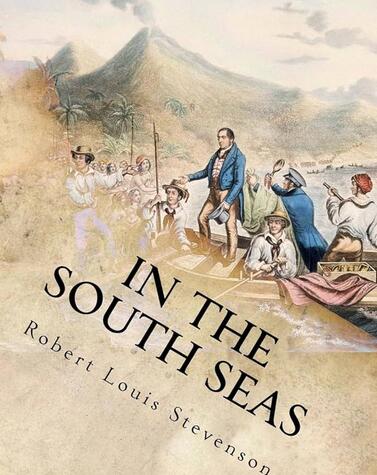
2. The worst journey in the world. Apsley Cherry-Garrard
Apsley Cherry Garrard was one of the few survivors of Robert F. Scott's expedition to Antarctica, which took place between 1910 and 1913. "The Worst Journey in the World" is an autobiographical book in which the author narrates the extreme conditions and the difficulties they had to face during that expedition that aimed to conquer the South Pole, as well as the tragic end of it when Captain Robert F. Scott died.
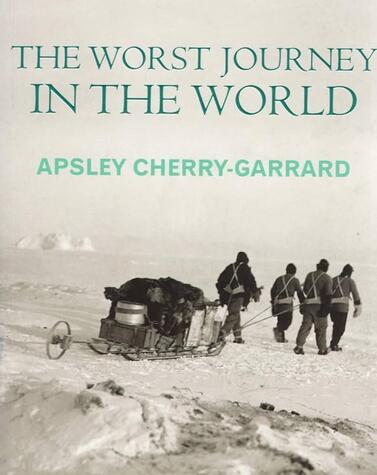
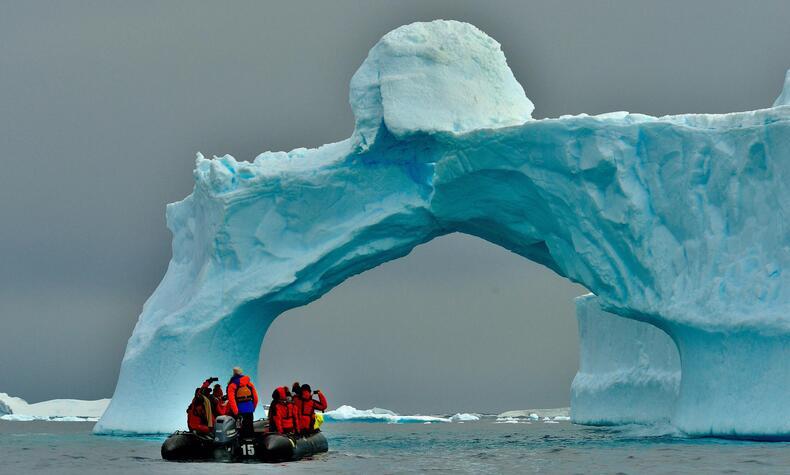
3. Ninety Degrees North: The Quest for the North Pole. Fergus Fleming
From the mid-19th century to the early 20th century, the North Pole was the desired goal for explorers, expeditionaries, and scientists who embarked on dangerous expeditions and journeys in search of the mythical 90-degree north latitude.
In this wonderful book, the British writer Fergus Fleming follows in the footsteps of explorers such as John Franklin, Elisha Kent Kane, Fridtjof Nansen, or Robert Edwin Peary through their daring voyages and heroic deeds in what was a race and rivalry between countries to see who was the first to discover and explore the North Pole, all written with an unusual blend of rigor and closeness that captivates from the very first page.
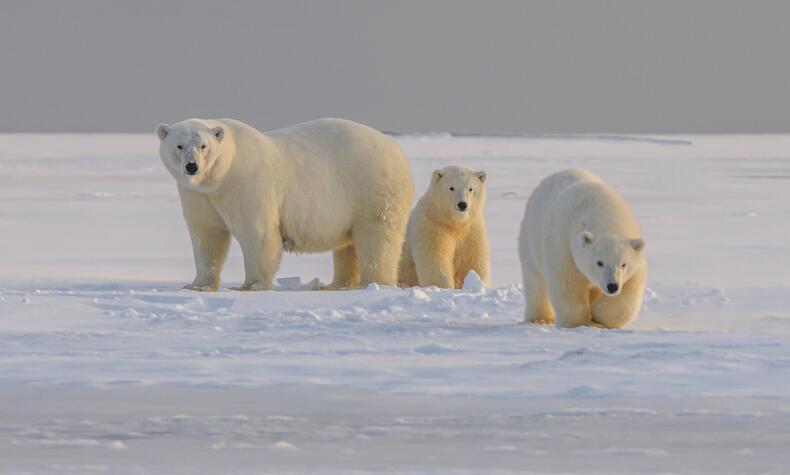
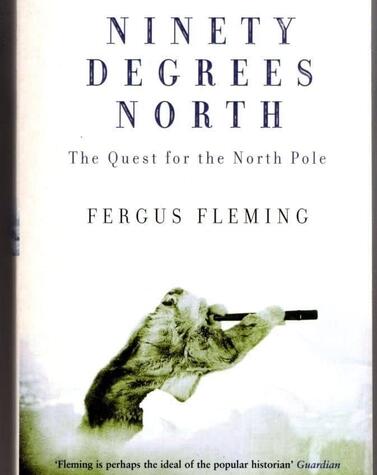
4. The Lover Marguerite Duras
Published by Marguerite Duras in 1984, "The Lover" is an autobiographical novel that chronicles the relationship of a teenage girl of French origin, living with her family in interwar colonial Indochina, with a wealthy Chinese man with whom she has a passionate relationship over the course of a year and a half.
Duras, born in 1914 near Saigon, won the prestigious Goncourt Prize with this novel, made into a film in 1992 by Jean-Jaques Annaud, which she wrote in just 4 months through a series of photographs of her adolescence in French Indochina, now Vietnam.
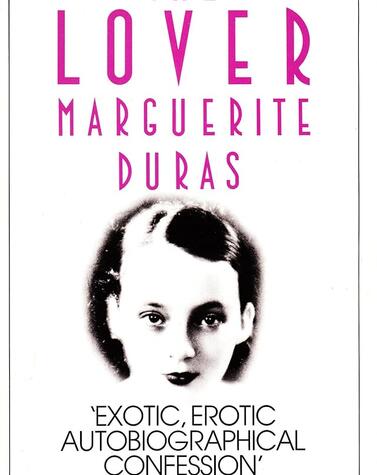
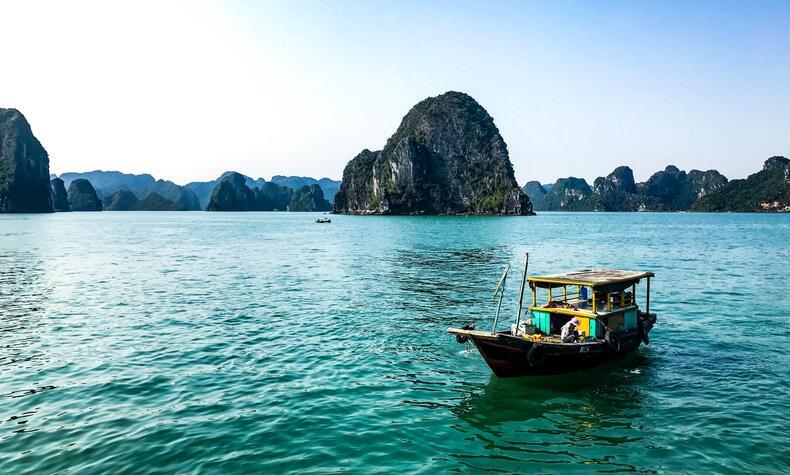
5. A Passage to India. E.M. Forster
British writer E.M. Forster first traveled to India in 1914. It was after a second trip years later that he published in 1924 what for many is his magnum opus: "Passage to India". It is a novel set in the British Raj and the Indian independence movement in the 1920s in which the author denounces the ravages, conflicts, and prejudices caused by British imperialism in the Indian subcontinent, in which he shows poetically, the contrast between two opposing worlds, East and West, between two mental attitudes, the intuitive and the logical, and between behavior based on aesthetics versus pragmatism.
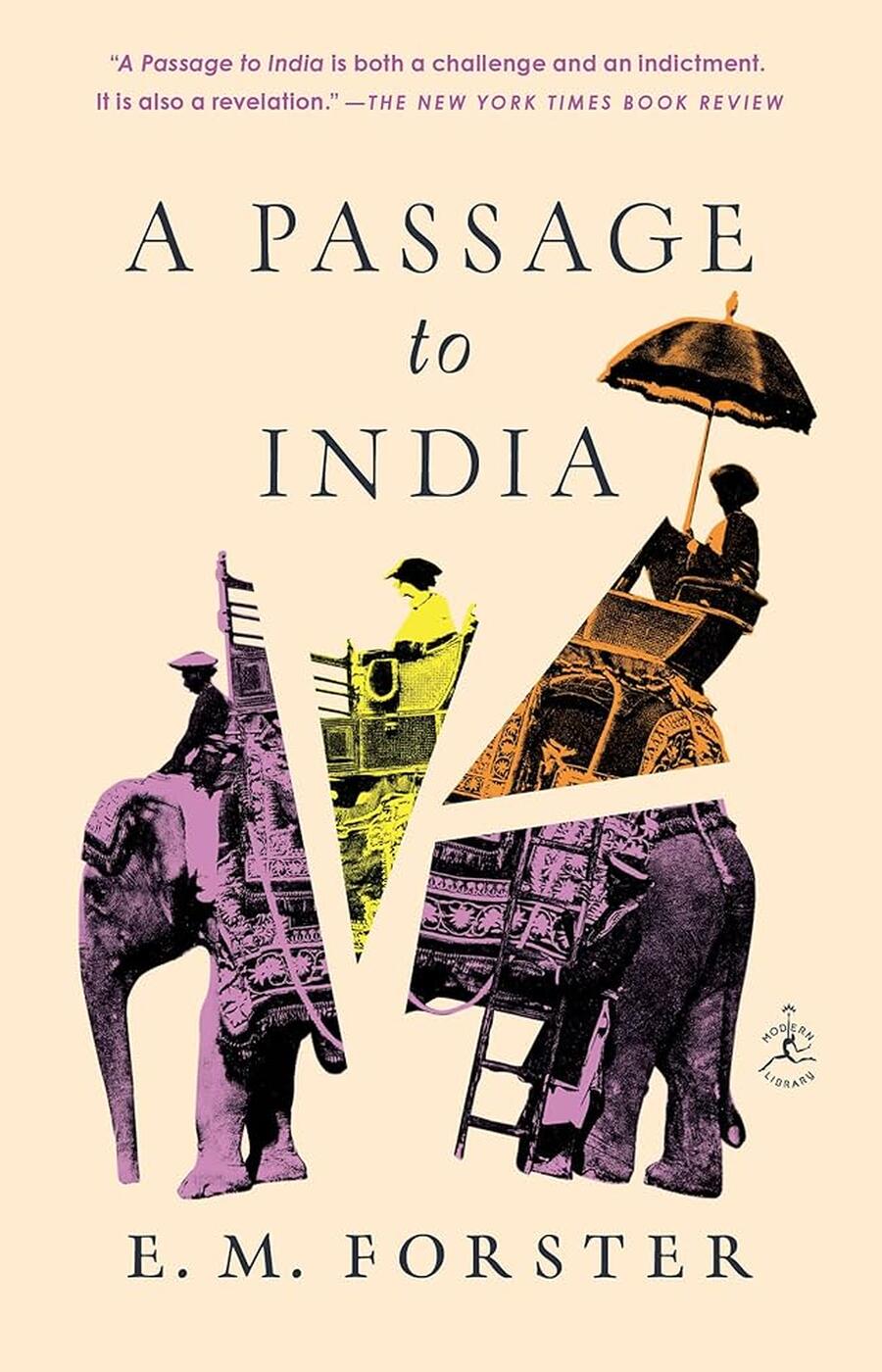
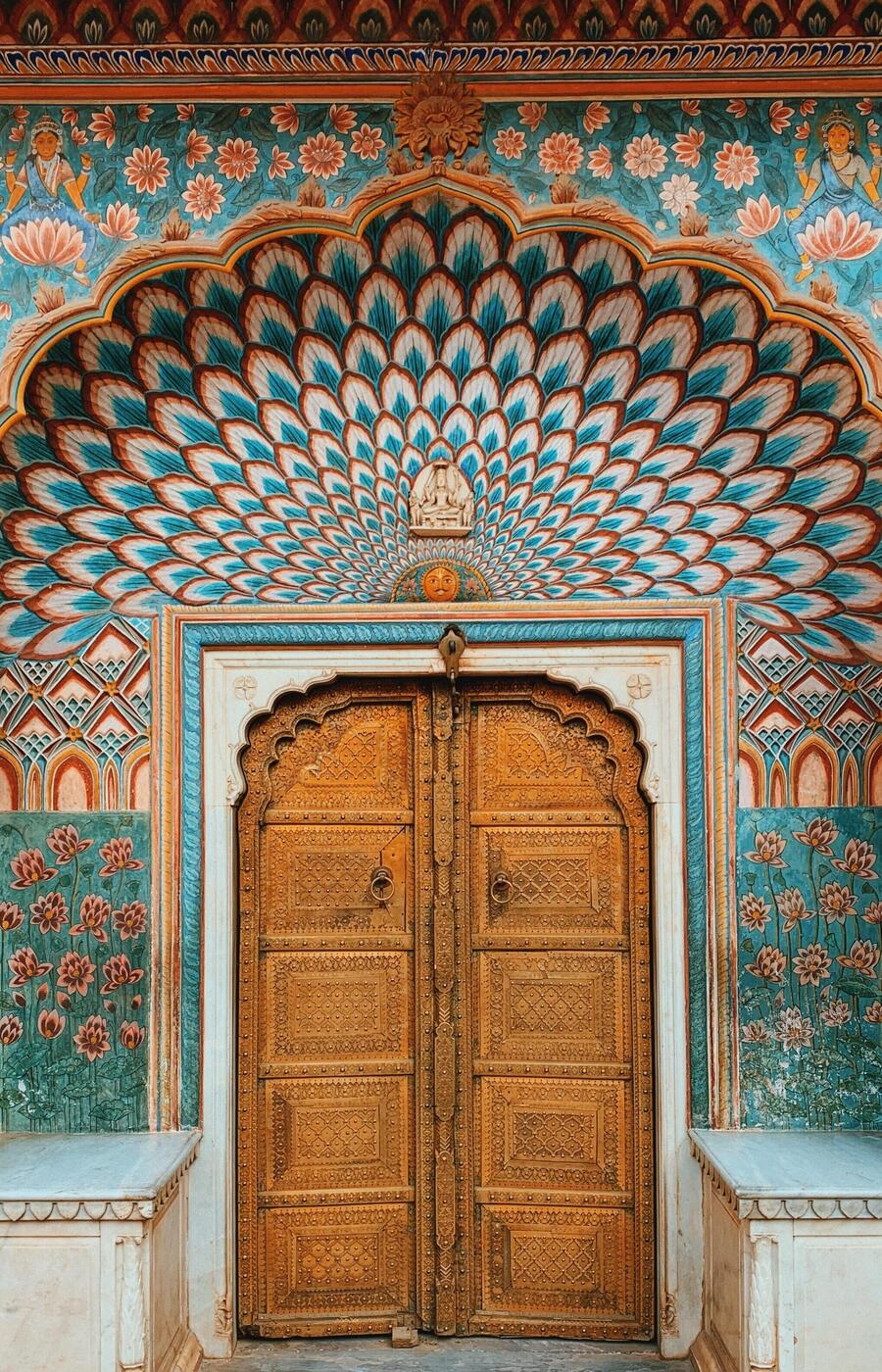
6. Death on the Nile. Agatha Christie
Because of her second marriage to archaeologist Max Mallowan, Agatha Christie accompanied her husband from 1930 onwards for long periods on his archaeological trips to Iraq, Syria, and Egypt. Countries that inspired the author to write some of her best-known novels such as "Death on the Nile", published in 1936.
In this novel, the shrewd Inspector Hercule Poirot coincides in Egypt with a couple who are on honeymoon but, one morning, the lady is found dead, shot in the head, during a cruise on the Nile, and it is Poirot's job to find out who committed the murder.
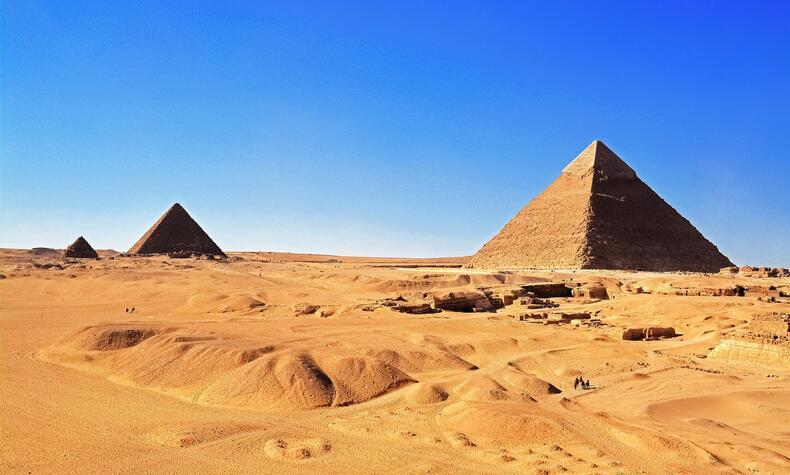
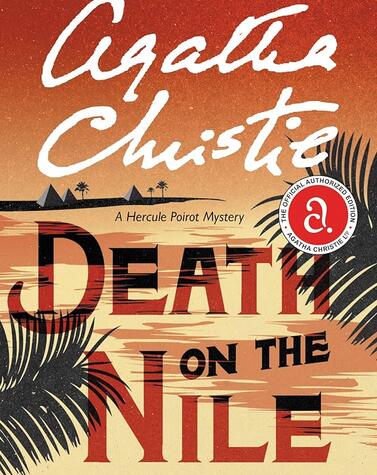
7. Out of Africa. Isak Dinesen
This autobiographical book was published in 1937 by Isak Dinesen, the literary pseudonym used by Danish writer and baroness Karen Blixen. The novel chronicles the seventeen years Blixen spent at home in Kenya British colonial Kenya, where she arrived in 1913 at the age of 28 to marry her cousin.
In this novel, Blixen reflects on her life on her coffee plantation, recounts her experiences on her hunting safaris, as well as her relationship with the local Kikuyu tribe and with people who were part of that intense period of her life, including the hunter and aviator Denys Finch-Hatton, who was her lover until he died in a plane crash in 1931. After his death, Karen Blixen returned to her native Denmark and never went back to Africa.
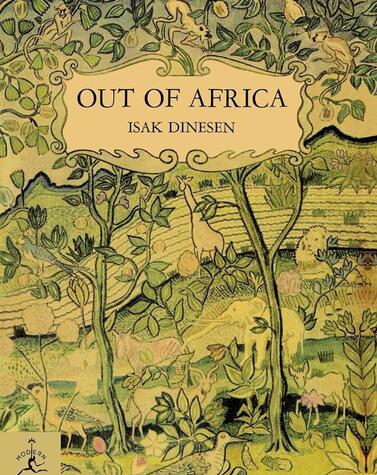
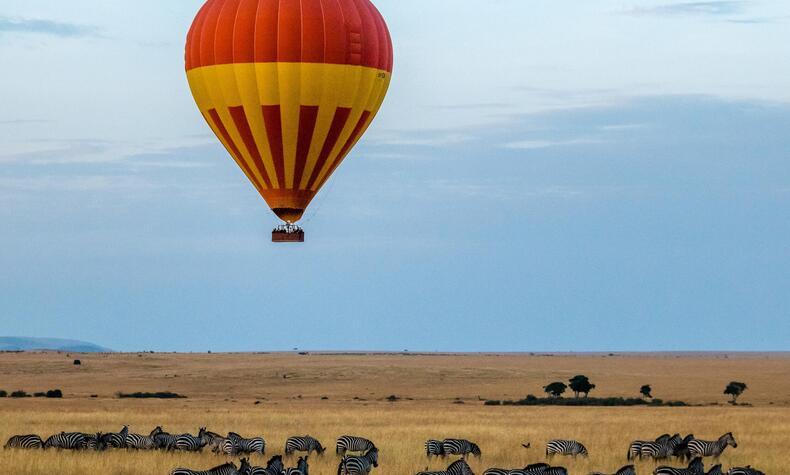
Memories of Africa
8. Breakfast at Tiffany's. Truman Capote
This novel, published by Truman Capote in 1958, tells of the year-long friendship between the protagonist, Holiday ("Holly") Golightly, and an unnamed narrator who wants to be a writer. Both are tenants of a building on the Upper East Side of Manhattan in New York. Both are seeking their way in life and, in their friendship, find solace in that shared loneliness and existential emptiness they feel in the city of skyscrapers.
A mixture of mischief, innocence, and authenticity, the protagonist Holly (masterfully played by Audrey Hepburn in the film adaptation of the novel) lives in the permanent provisionality of her present, without past or future, feeling out of place everywhere despite the glamour that surrounds her, and always dreaming of that paradise that for her is Tiffany's, the famous New York jewelry store.

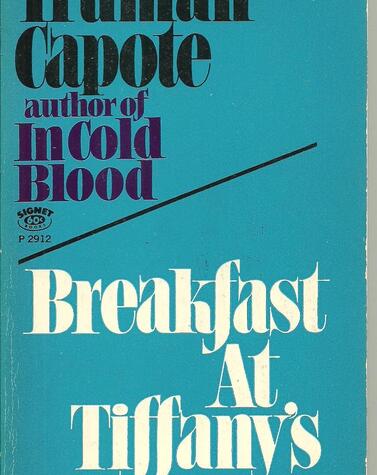
9. Outlander. Diana Gabaldón
This historical fiction novel published in 1991 by the American writer Diana Gabaldón begins at the end of World War II when a couple meets to spend their vacation in Scotland. Claire, the protagonist, arrives strolling alone at a circle formed by ancient dolmens and, as she approaches, falls into a deep trance that transports her to a past life in Scotland in the year 1743.
Claire will have to decide whether to stay in that time and live in an unknown world or return to the safety of her former world. The famous "Outlander" series is based on this saga of nine novels that plunge us into a magical journey through the most beautiful landscapes and castles of Scotland three centuries ago.
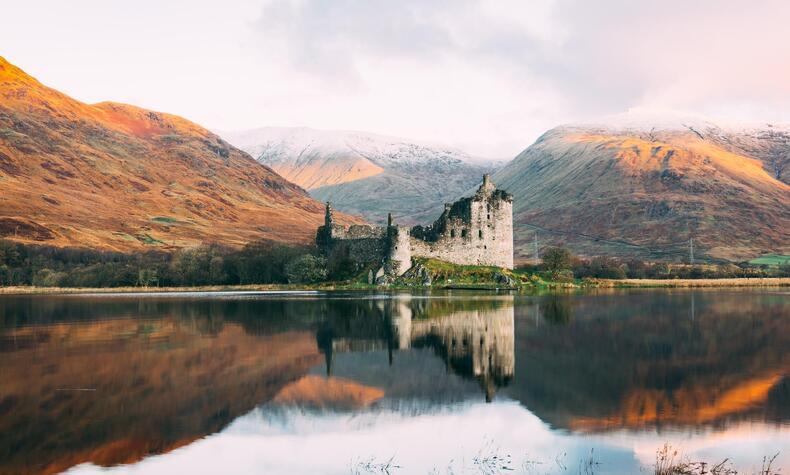
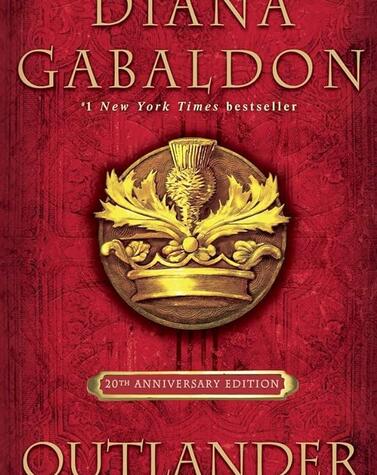
10. Under the Tuscan sun. Frances Mayes
This autobiographical book by writer Frances Mayes narrates her daily life in Cortona, a town in Tuscany, Italy, where she bought an old farmhouse after spending several summers there and falling in love with the area.
From the suggestive Italian landscape, Mayes proposes to the reader an authentic evasion based on optimism and human balance. The book contains multiple ingredients ranging from travel memories, through Mediterranean cuisine, the poetry of Tuscan landscapes, and the charm of the leisurely pace of rural life.
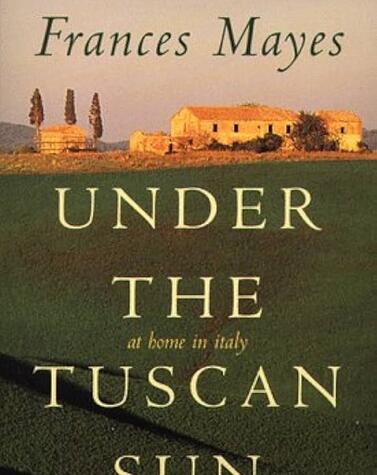
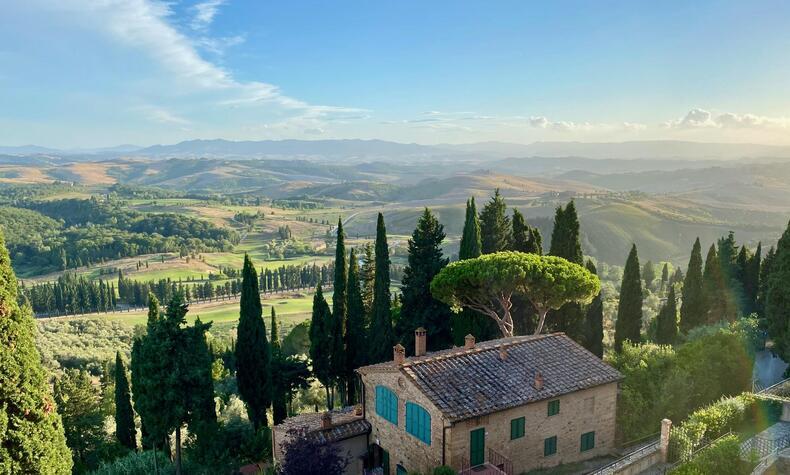
11. Eat, Pray, Love. Elizabeth Gilbert
This book narrates the cathartic and initiatory journey of the author herself who, after her divorce, plunged into a deep personal and spiritual crisis, leaves New York, and embarks on a long journey that will see her travel through Italy, where she falls in love with its gastronomy, to learn to meditate in India, and finally to Bali, where she will rediscover herself and find love again.
The story of an internal and external journey towards happiness and the courage to lead your own life.


Elizabeth Gilbert

